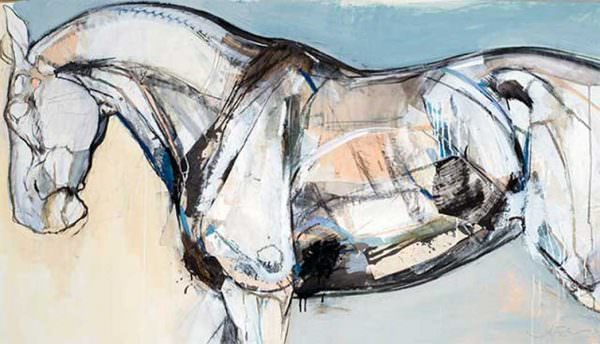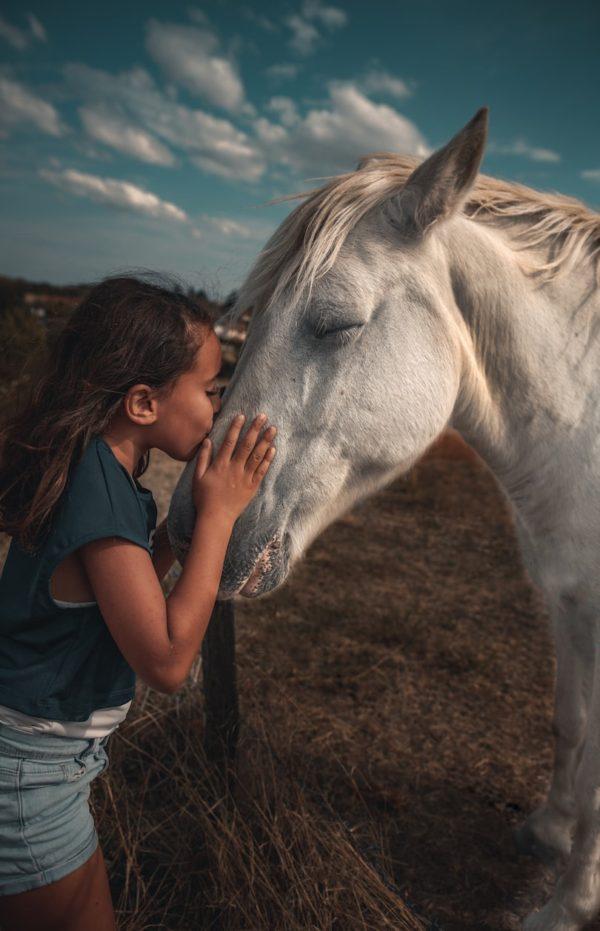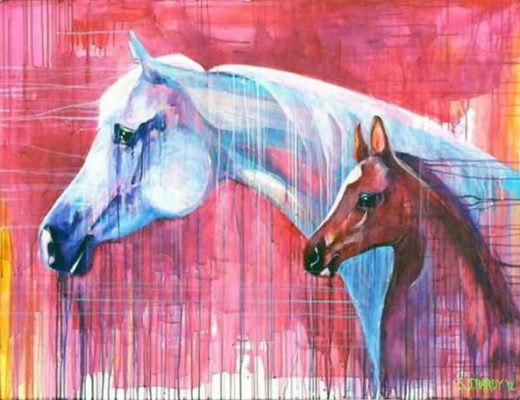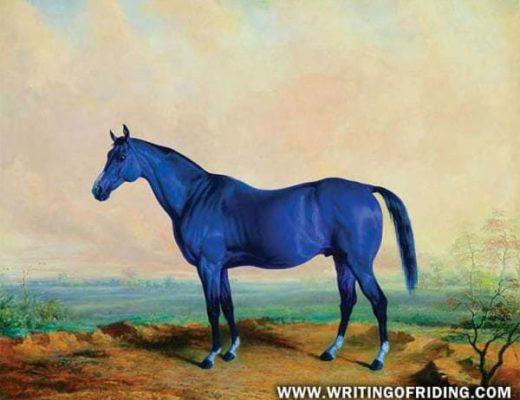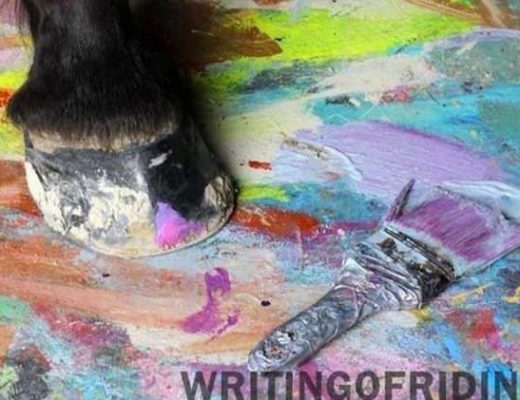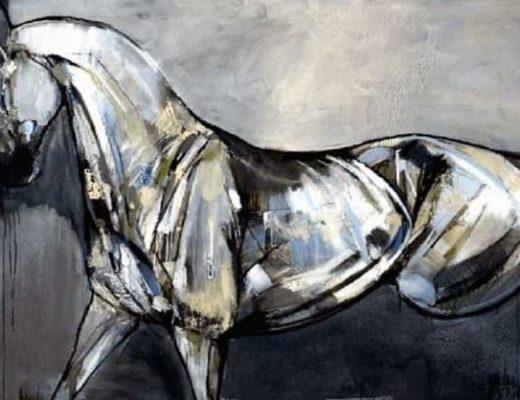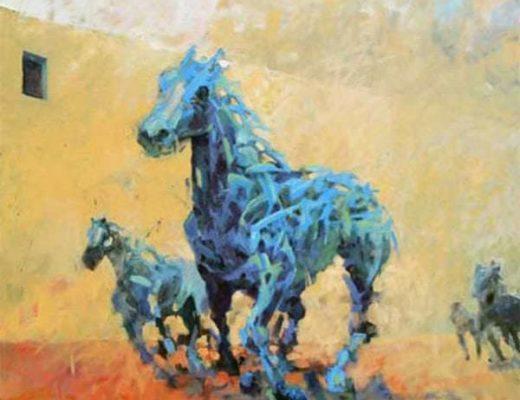Checking in.
Last week, the Ninth Week. Recovering a sense of Compassion
This week we faced the internal blocks to creativity. If we were tempted to abandon ship, we resisted the temptation. We explored and acknowledged the emotional difficulties that beset us in the past as we made creative efforts. We undertook healing the shame of past failures. We made gains in compassion as we re-parented the frightened artist child who years for creative accomplishment. We learned tools to dismantle emotional blocks and support renewed risk.
Did you do the task list? How was that? What was the hardest or most interesting part of the tasks?
How many days this week did you complete the morning pages? How was the experience of morning pages this week?
Did you do your artists date this week? What did you do? How did it feel? Are you finding it any easier to contemplate delighting yourself in small ways? In large ways?
Did you experience any synchronicity this week? (Magical coincidences that supported your stated aim?)
Remember: Creativity is the natural order of life. Life is energy: pure, creative energy. There is an underlying, in-dwelling creative force infusing all of life — including ourselves. It is safe to open ourselves up to greater and greater creativity. Our creative dreams and yearnings come from a divine source. As we move toward our dreams, we move toward our divinity.
When we really are honest with ourselves we must admit our lives are all that really belong to us. So it is how we use our lives that determines the kind of men we are.
Cesar Chavez
Sell your cleverness and buy bewilderment.
Jalal un-Din Rumi
Week 10:
Recovering a Sense of Self Protection
This week we explore the perils that can ambush us on our creative path. Because creativity is a spiritual issue, many of the perils are spiritual perils. In the essays, tasks, and exercises of the week, we search out the toxic patterns we cling to that block our creative flow.
Dangers of the Trail.
Creativity is the energy of the Universe flowing through us, shaped by us, like light through a crystal.
When we are clear about who we are and what we are doing, the light flows unimpeded and we experience no strain. When we resist what it shows us or where it takes us, we often experience a shaky out-of-control feeling. We want to shut down the flow and regain a sense of control. We slam on psychic breaks. We block our own creativity.
We may block it with chemicals: food can be used this way. Sugar, carbs can leave you feeling more dull and blurry. Of course, drugs and alcohol work as anesthetics too. For many, work is the drug of choice — you're both too busy to feel anything, and you're socially appropriate. Drama can be an effective creativity deterrent, staying fascinated with one emotional crisis after another, one passionately wrong love affair after another, some family crisis… the obsessive thoughts drown out the little voices saying to rearrange your furniture, paint something, try a new technique with your horse. Sex is another deterrent to creativity — we can become so distracted by some new partner that we ignore the other juicy parts of our lives. Reading, watching television, taking care of our families. All of them can be easily overdone and can keep you insulated from your own creativity.
Note- sex, food, a glass of wine, a job, a family are not by themselves wrong — it's the abuse of them, the losing yourself in them, that is damaging. Know what your own pattern is, know what your drug-of-choice is. We are like a reed that the Universe is blowing through. These avoidance techniques are like pinching off that reed, and consciously or not, we pinch it off on purpose to avoid the discomfort we feel when we're unsure of ourselves as we're dancing with God.
We begin to sense our real potential, and huge possibilities open up — and we get emotional vertigo.
We all know which block is our favorite, most effective, most toxic block: your clue, if you're at sea, is it is that thing that you defend as being your right. Which one makes you angry to think about giving up? That explosive one is the one that's derailed you the farthest.
Commonly we mix and match a toxic cocktail that is guaranteed to wear us out, make us not available to the flow of the creative river. It is always fear, disguised as other things perhaps, but always fear that leads us to look for anesthetic in the form of these creative blocks. And typically it shows up as a coincidence — “I was going to pain, really I was, but I stopped to pick up a cup of tea on the way and the kitchen was such a mess I had to clean it, and whoops, there went my hour and a half for art…” These creative blocks are creative U-Turns, like water forced to a standstill we become stagnant. The self-honesty that is our birthright marks a little jot on the spiritual blackboard — “I did it again.”
Blocking is an issue of faith. If we have faith, we lift our arms to the Universe and dance. If we are afraid, we pick up a block and hide. Happy is terrifying. Unhappy is familiar.
Becoming aware of our blocks makes us aware of the creative U-Turn when it occurs. The blocks won't be as effective. And slowly we can try a new idea.
When we feel anxious, we can ride out the anxiety and see where it takes us. It's fuel. We can use it to paint, write, think, explore. It becomes exciting instead of painful. That gets pretty wonderful pretty fast.
Workaholism.
Workaholics are addicted. If you're too busy to do your morning pages, to take your artists date you're too busy to hear your own inner creative voice suggesting the path to your own outrageously creative life. The phrase “I'm working” has an unassailable goodness and duty to it. That's why it's so much easier to get people to do the morning pages than the artist's date. The pages are dutiful. The date is a delight. Play can make a workaholic very nervous, it has no borders, it is … fun. And fun is scary. We work to avoid our real feelings and to avoid experiencing our real lives.
The Workaholic Quiz: would you say you never, seldom, or often do the following:
- I work outside of office hours
- I cancel dates with loved ones to do more work
- I postpone outings until deadlines are past
- I take work with me on weekends
- I take it with me on my days off, on vacations
- I TAKE vacations
- My intimates complain that I work too much
- I try to do two or more things at once
- I allow myself free time between projects
- I procrastinate in finishing up loose ends
- I set out to do one job and start on three more at the same time
- I work during family time
- I allow calls to interrupt and lengthen my work day
- I prioritize my day to include an hour of creative work and play
- I place my creative dreams before my work
- I fall in with other's plans and fill my free time with their agendas
- I allow myself downtime to do NOTHING
- I use the word ‘deadline' to rationalize my workload
- I go to social engagements with a work notebook or laptop or PDA
In order to recover ourselves as creatives, we need to see workaholism (and the other blocks) as the addiction it is. We are Cinderella: always dreaming of the ball, and living with the ball and chain. Work is synonymous with worth. We are hesitant to jettison any of it. The difference between healthy work and obsessive work is the emotional content — zestful work toward a cherished goal is one thing. Treadmill, resentful, overbooked work is another.
One way to track it is to keep a time log, and notice: we can't find time for an hour of delightful play among 60 hours of slogging through the mines? Hm… Workaholism is a process addiction, not a substance one. Where an alcoholic gets sober by not drinking at all, a workaholic has to get sober by abstaining from OVER work. The trick is to define it and to avoid lying to ourselves about the abusive behavior we're still indulging in.
The first thing is to set a bottom line, a boundary. Specifically, mention those behaviors that are off limits. You'll find more about this in the task list.
Get some support around this, you're an addict: having friends aware of your problem helps you stay conscious of it. But, bottom line, it is YOUR problem and no one can police you out of it.
You can post a sign that says “workaholism is a block, not a building block.”
Drought.
There are dry seasons in any creative life, times when life loses its sweetness and our work feels mechanical and we don't feel we have anything to say, and we're not feeling that creative juice flowing. These are the times the morning pages are the most difficult and the most useful. The doubts slide up like sidewinders… what's the use? The pages are like slogging through the desert in a straight line, one foot after another, they are our lifeline out of the desert. During a drought, we are suffering from loss of faith in the Universe and in ourselves. Everywhere there is the feeling that none of what we're doing matters. And yet we write the morning pages because we must.
Droughts seem endless, and yet, those long airless seasons make us grow, give us compassion, and blossom like the desert with unexpected lowers. Droughts feel endless, yet they do end, and the morning pages keep us moving through them. We have doubted, but we have stumbled on.
In a creative life, droughts are a necessity. The desert brings us clarity and charity. When you are in a drought, trust that it has a purpose, and keep the morning pages going. To write thing is to Right things. Sooner or later a path will emerge, and an insight will be the landmark that leads us out of the wilderness. No matter the medium in which you play, the morning pages are both our wilderness and our trail.
Fame.
Fame is not the same as success, and in our true souls, we know that. Fame is addictive, though, and it leaves us hungry. Fame can produce the “How am I doing?” syndrome. This question is not “Is the work going well?” it is instead “How does the work look to them?”
The point of the work is the work. Fame interferes with that perception. It is a drug. It creates a continuous feeling of lack, there is never enough. Wanting fame snaps at our heels discredits our accomplishments, erodes our joy in another's accomplishments.
In the end, it is fan mail from ourselves that we're missing. Try approving of yourself just as you are. Spoil yourself rotten with little kids pleasures. We're afraid that if we don't have fame we are unloved, therefore, actively, consistently, consciously nurture your inner child artistic self.
When the fame drug hits — “I'm not there yet! I”m just a backwater trainer in a backwater industry! She's BETTER than me! She's on the COVER of Practical Horseman AGAIN!” Pick up the tools of your trade and just do a little creative play, the only cure for the fame drug and its toxic fumes is a creative endeavor and a joyful heart.
Competition.
So… someone you know is suddenly the talk of the trade. Instead of saying “That proves it can be done!” we feel, “He or she will succeed instead of me.” Along with fame, competition is another addiction that blocks our success. Comparing ourselves to others we ask the wrong questions and those questions give us the wrong answers.
We ask, “why do I have such rotten luck? WHY am I always in the wrong place at the wrong time? Why does she get all the breaks?” instead of “Did I ride today? Am I remembering to journal my riding? Am I feeling what I'm feeling, or is my mind elsewhere? Am I following the directions my riding is leading me?” These are the real questions, and we are easily lost in wallowing in unhealthy addictions instead of staying the course, asking the right questions.
We have to stay with our own process. We can't afford to wander off into competition and it's sideline concerns. The desire to be better than makes it really hard just to be. It has its place for judges, but not for riders. For critics, not for artists. Looking for that short-term win instead of the long-term process, we get lost in the lesser lights of instant fame instead of living in the quiet glow of a healthy, lifelong process.
Only when the painter no longer knows what he is doing does the painter do good things.
Edgar Degas
Originality is the process of remaining true to ourselves.
A competitive focus encourages snap judgments, our ego looks for instant wins, for immediate gain. We cut out promising new directions because they haven't yet been fully formed — we have no room for baby steps and uncompleted thoughts. Judged early, new ideas, new designs, new directions may be judged incorrectly.
Be willing to ride badly while your ego yelps. It may be the syntactical breakdown you need to shift your style. It may be a whole new direction emerging. Don't fall back on what you know, play in the “stupid” areas. The desire to win NOW is the desire to win approval from others, and as an antidote, we need to learn to approve of ourselves. Showing up for riding is the work that matters.
Tasks.
This week do all of the tasks.
- The Deadlies: Take an envelope. Into it, put 7 folded strips of paper, each with one of these words written on it: alcohol, drugs, sex, work, money, food, family/friends. Draw one out. Write down 5 ways that have had a negative impact on your life. (If it doesn't apply, ignore that belief, call it resistance and think a little sideways until you have an answer.) Now, fold the paper and replace it. Now, draw again. You will do this 7 times. If you find that you draw one more than once, do it again, and know that it is actually significant. Often it is the last impact on the final list of “Oh not THAT again” that forms the breakthrough.
- Touchstones: Make a quick list of things you love. River rocks worn smooth, babies laughing, the evening sky, roses, homemade bread… put the list itself where it can console you. Draw or acquire one of the items on the list, if that will feel good. Play a little.
- The Awful Truth: Answer the following questions: and Tell The Truth
- What habit do you have the gets in the way of your creativity?
- What do you think might be the problem. (It is.)
- What do you plan to do about the problem?
- What is your payoff for holding onto the block?
- If you can't figure out the problem, ask a trusted friend.
- Which friends make you doubt yourself? (It's your self-doubt, they just trigger it.)
- Which believe in you and your talent? (The talent is yours, but they believe in it and help you to also.)
- What is the payoff for hanging with the destructive friends? (If the answer is “I like them,” the next question is “Why?”)
- Which destructive habits do your destructive friends share with your destructive self?
- Which constructive habits do your constructive friends share with your constructive self?
- Setting the bottom line: Working with your answer to #3, try setting a bottom line for yourself. Begin with five of your most painful behaviors, you can add later.
- If you notice that you're working on extra assignments late into the night, consider something like a rule “no homework after 7”.
- If you're waking up too late to do the morning pages, set your clock 20 minutes earlier, and set a rule that you DO get up, and DO the morning pages.
- Bottom line: I will not work on my days off.
- Bottom line: I will not place my work before creative commitments.
- Bottom line: I will plan and partake in an artist's date each week. The plan will be in place by Tuesday.
- Cherishing
- List 5 small victories
- List 3 nurturing actions you took for your inner self
- 3 actions you CAN take to nurture your inner self
- Make 3 nice promises to yourself, and keep them
- Do one lovely thing for yourself EACH day this week
